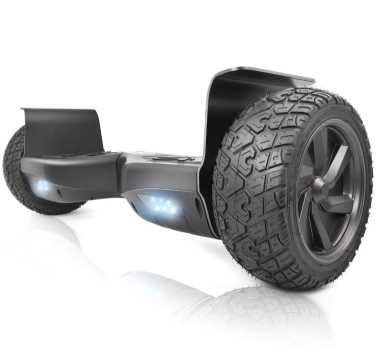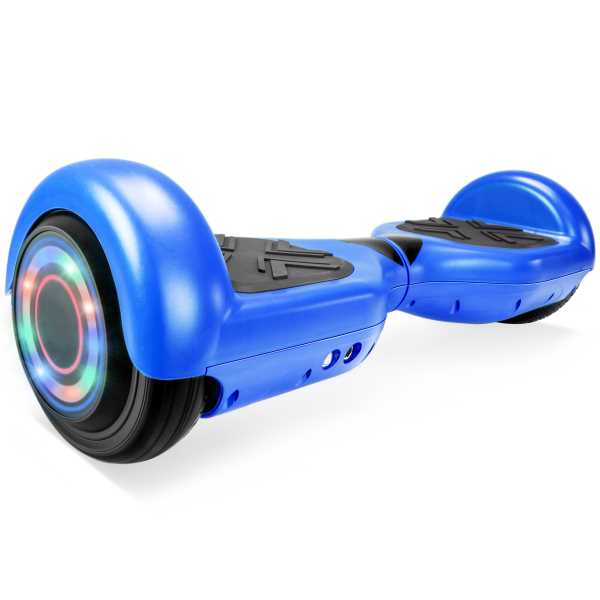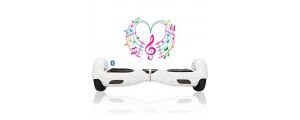A lot has happened lately with the safety issues of hoverboards which leads to a massive recall of most units manufactured by known brands and sellers like Amazon and Overtock. News about hoverboard explosions are heating up. Due to the growing electrical safety concern, most people gets more conscious on the safety certificates the manufacturers have for insurance.
Let it be known that usually, electronic gadgets do have a lot of safety testing before it goes out to the market for consumers. So what are the types of certification do hoverboards have anyway? Let’s dig a little bit deeper into this.
- UL 2272 – this is the latest and most important certification in every hoverboard unit. This certifies that a self-balancing scooter’s battery packs, power supply and other parts are safe. This applies specifically to the electrical drain train system.
- CE marking - is a mandatory conformity marking for certain products sold within the European Economic Area (EEA)
- Restriction of Hazardous Substances Directive (RoHS) - this directive restricts (with exceptions) the use of six hazardous materials in the manufacture of various types of electronic and electrical equipment
- FCC Declaration of Conformity/FCC label/FCC mark - certifies that the electromagnetic interference from the device is under limits approved by the Federal Communications Commission
- Battery Chargers (UL 1310, UL 1012 AND UL 60950-1) – examines the power usage and risks such as overheating and electric shock mitigates during the phase of the device.
- Battery Packs (UL 2271) – this certification considers the testing of the more severe handling and usage conditions which hoverboards are exposed of. Testing also ensures proper operating voltage, operating temperature and charge/discharge current.
- Batteries (UL 2580, UL 1642 and UL 2054, as well as testing to the UN 38.3 transportation requirements) – tests the potential risk of a lithium battery which includes rupture of cell and fire hazards
- Software (UL 991, UL 1998, UL 60730-1 AND IEC 61508-1) – addresses the potential risk in failure of microprocessors that could result in fire, injury or shock and QA validation for GPS technology.
As long as your hoverboard and its accessories passed through all these tests, specifically UL 2272 (since everything follows), you are now confident enough that no unnecessary explosions going to happen. Just be extra careful in handling your gadgets.










Leave A Comment